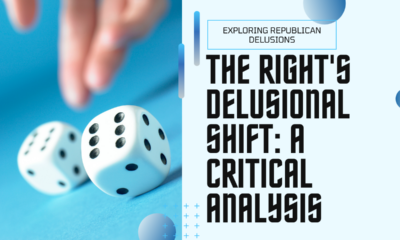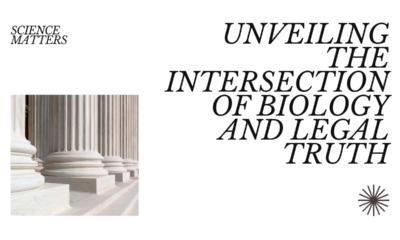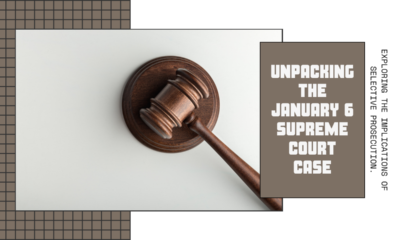News
European Union approves sweeping ban on facial recognition surveillance

The European Parliament has backed a moratorium on using facial recognition for law-enforcement purposes.
The call, formally adopted on Tuesday (5 October), comes after repeated warnings from EU privacy watchdogs, the UN, and several NGOs, who agree that the risks linked to the use of AI-technologies in public spaces are aggravated in the field of law enforcement. The vote on the resolution was 377-248.
While the measure is nonbinding, the EUObserver reported Wednesday that its passage means “Parliament now has for the first time an official position advocating for a ban on biometric mass surveillance, which sends a strong signal for negotiations of the first-ever EU rules on AI systems.”
“Fundamental rights are unconditional,” MEP Petar Vitanov, a member of the Bulgarian Socialist Party who backed the resolution, said in a statement.
“For the first time ever,” he continued, “we are calling for a moratorium on the deployment of facial recognition systems for law enforcement purposes, as the technology has proven to be ineffective and often leads to discriminatory results. We are clearly opposed to predictive policing based on the use of AI as well as any processing of biometric data that leads to mass surveillance. This is a huge win for all European citizens.”
Czech software engineer Marcel Kolaja Tweeted the following; “No facial recognition in public space! The European Parliament has spoken against mass surveillance by calling for a ban on facial recognition in public space. That’s a great news for democracy and privacy.”
The vote was also welcomed by Patrick Breyer, a Pirate Party MEP and Greens/EFA shadow rapporteur on the report, who called it “a breakthrough moment in the fight to halt the use of intrusive and discriminatory uses of mass surveillance tools by police authorities.”
“Biometric mass surveillance,” he added, “wrongfully reports large numbers of innocent citizens, systematically discriminates against under-represented groups, and, has a chilling effect on a free and diverse society.”
Terry A. Hurlbut has been a student of politics, philosophy, and science for more than 35 years. He is a graduate of Yale College and has served as a physician-level laboratory administrator in a 250-bed community hospital. He also is a serious student of the Bible, is conversant in its two primary original languages, and has followed the creation-science movement closely since 1993.








